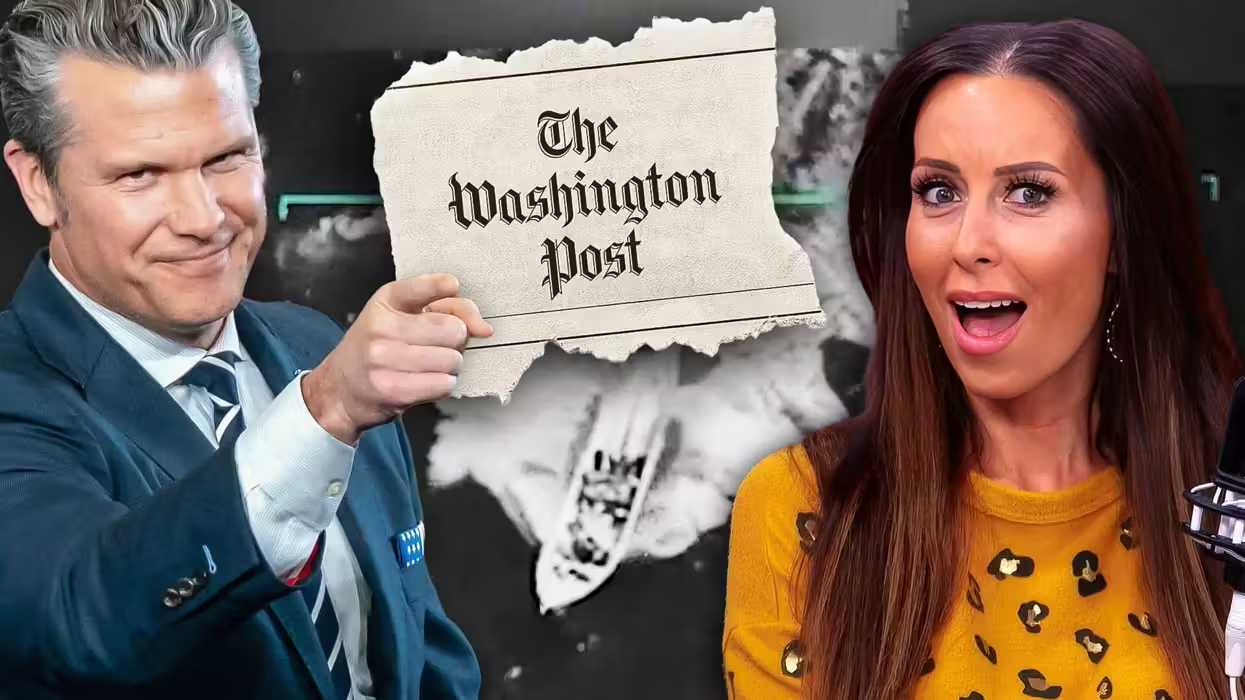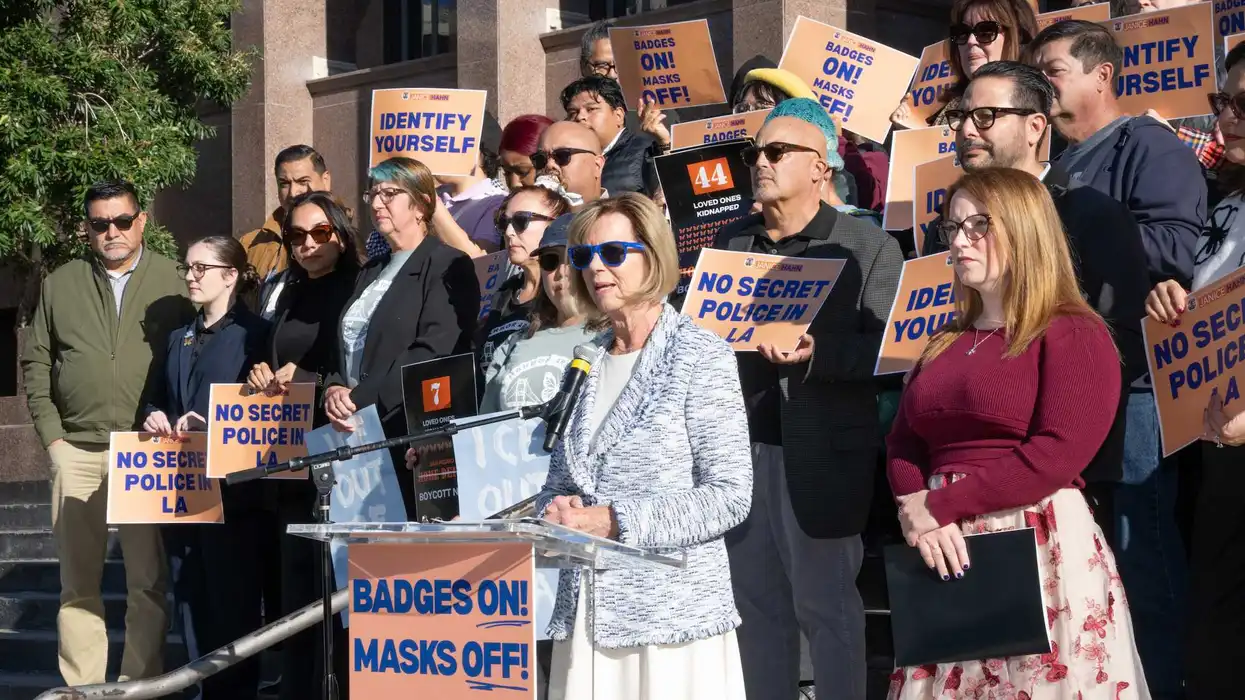
© 2025 Blaze Media LLC. All rights reserved.
It’s that time again, boys and girls! Funding for the federal government is going to run out at the end of the week, and Congress has to scramble to avoid a government shutdown. This sort of high-pressure situation is necessary to get the two sides of the aisle to cooperate, both knowing that they have to work together to govern, or else face certain catastrophe. At least, that’s what they tell us.
In reality, the ominous phrase “government shutdown” is a charade. It’s a rhetorical and propagandistic trick to make the American people think they have to surrender what they care about for the greater good. Worried about the national debt? No time for that now, we have to avert a shutdown! Want to repeal Obamacare? No time, man! We have to keep the government running. Republicans and Democrats alike benefit from upholding this fiction that allowing the shutdown deadline to pass will bring about Armageddon and transform American society into the dystopian anarchy of Mad Max movies. Don’t believe a word of it.
We know what happens when the government shuts down, because it happened just a few years ago. In 2013, unable to come to terms over the issue of funding for Obamacare, Congress let the deadline pass and the government “shut down” for about three weeks. Of course, the phrase “shut down” is a grandiose way of putting what really happened, which was not much.
First of all, it’s important to remember that we’re only talking about the federal government. All state and local governments continued humming along without incident, so everything that they take care of was unaffected. Second, most of what the federal government does was equally unchanged. Mandatory spending programs, such as entitlements, are on autopilot and don’t need appropriations to continue functioning in the short term. Pension checks still went out, and access to Medicare and Medicaid was not curtailed.
Likewise, in any future shutdown, the government is able to prioritize spending on the most important things, using the tax dollars that continue to come in every day. So the military isn’t going to suddenly stop defending our shores at midnight on Friday. We’re not going to default on the national debt. Federal employees deemed “essential” keep coming to work, leaving the rest of us to wonder why the inessential personnel have jobs in the first place. In 2013, it was estimated that the extent of the shutdown was only about 17 percent of the federal government’s operations.
In fact, the only real effects we observed in the 2013 shutdown were publicity stunts designed to intentionally scare and anger people, so that they would call their representatives and demand they capitulate to the Democrats’ demands, which eventually they did. National parks were laboriously closed, White House Tours ceased, and, most egregiously, security guards fenced off an open-air World War II memorial in an effort to prevent octogenarian veterans from visiting it. How employing guards to surround and defend a public space costs less money than leaving it unattended, as it is most of the year, was not explained, but the resulting bad publicity played a major part in ultimately ending the shutdown.
It’s true that there would be some serious problems to sort out if the federal government were to shut down indefinitely, but pretending that taking a few extra days, weeks, or even months to resolve the budget battle will doom us to state-of-nature barbarism is dishonest and irresponsible. The goal is not good governance but, as always, to convince the voters that something terrible is about to happen, and that it’s all the other side’s fault. It’s a game which, frankly, we should all refuse to play ever again.
“Increase spending, or the government will shut down” shouldn’t be seen as a threat. It should be seen as an opportunity to call the other side’s bluff, proving to the American people that we are not so dependent on our masters in Washington, D.C., as we might imagine.
Want to leave a tip?
We answer to you. Help keep our content free of advertisers and big tech censorship by leaving a tip today.
Want to join the conversation?
Already a subscriber?
more stories
Sign up for the Blaze newsletter
By signing up, you agree to our Privacy Policy and Terms of Use, and agree to receive content that may sometimes include advertisements. You may opt out at any time.
Related Content
© 2025 Blaze Media LLC. All rights reserved.
Get the stories that matter most delivered directly to your inbox.
By signing up, you agree to our Privacy Policy and Terms of Use, and agree to receive content that may sometimes include advertisements. You may opt out at any time.






